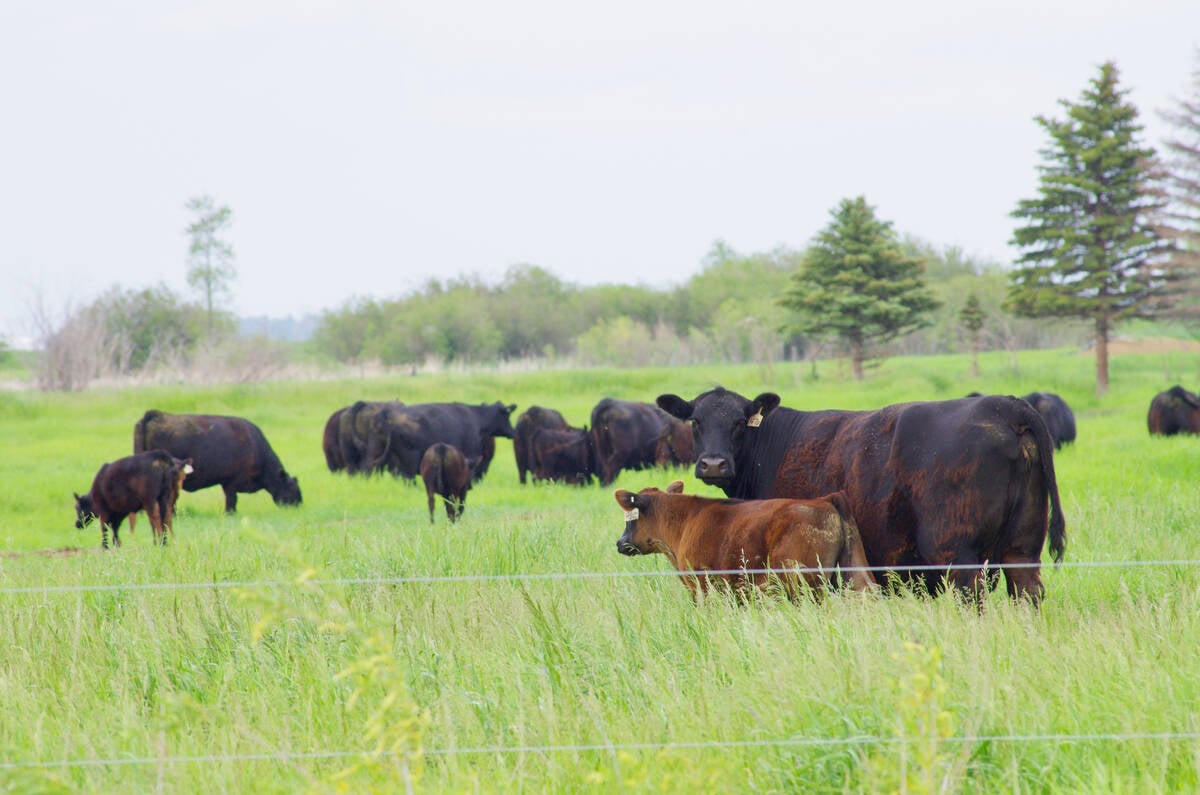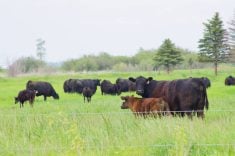Environmental issues could curtail some intensive livestock operations.
Canadian concern about the environment grew from 29 percent worried to 47 percent in three years, said communications consultant Lee Funke.
Fewer Albertans from small urban communities feel hog farming is environmentally friendly.
“Rural and large urban communities have an increasingly negative view of our industry,” said Funke.
A number of regulations have emerged with profound effects on agriculture, said lawyer Keith Wilson who specializes in agricultural and environmental cases.
The federal Clean Air Act proposes to set a cap on smog causing pollutants by 2010 and reduce emissions to half of 2003 levels by 2050.
Read Also

Tick research from the University of Manitoba focuses on insects and testing
Manitoba researchers are looking into the effects of tick and fly disease in cattle.
Agriculture is a source of dust, a major component of smog. Agriculture also emits 90 percent of the total ammonia of which 70 percent comes from livestock production.
There are also concerns about establishing odour standards that may not be connected to anything that is real and measurable.
An odour standard could lead to monitoring farms and force producers to adapt practices or technology that are cost prohibitive, Wilson said.
Under Alberta’s Agricultural Operations Practices Act there is a provision used once where it is an offence for a producer to create a disturbance that is beyond what the community may be expected to tolerate.
This applies to all types of farming and includes noise, dust, odour and other activities. Complaints could be brought before the Natural Resources Conservation Board, which implements the act.
“If political shifts continue, it is reasonable to expect pressure on the NRCB to do what they haven’t done, and use this tool,” Wilson said.
Another burden for agriculture is changing attitudes about water management.
Alberta’s water for life strategy remains unclear and could mean anything from having an additional approval process for new and expanding operations, to agencies like the NRCB having to consider local group input on projects.
Already in the South Saskatchewan river basin, no new licences are permitted to withdraw surface water. This could push some of the growth out of southern Alberta.
Agriculture will be competing for water with municipalities, energy companies, recreational users and golf courses, said Wilson.

















